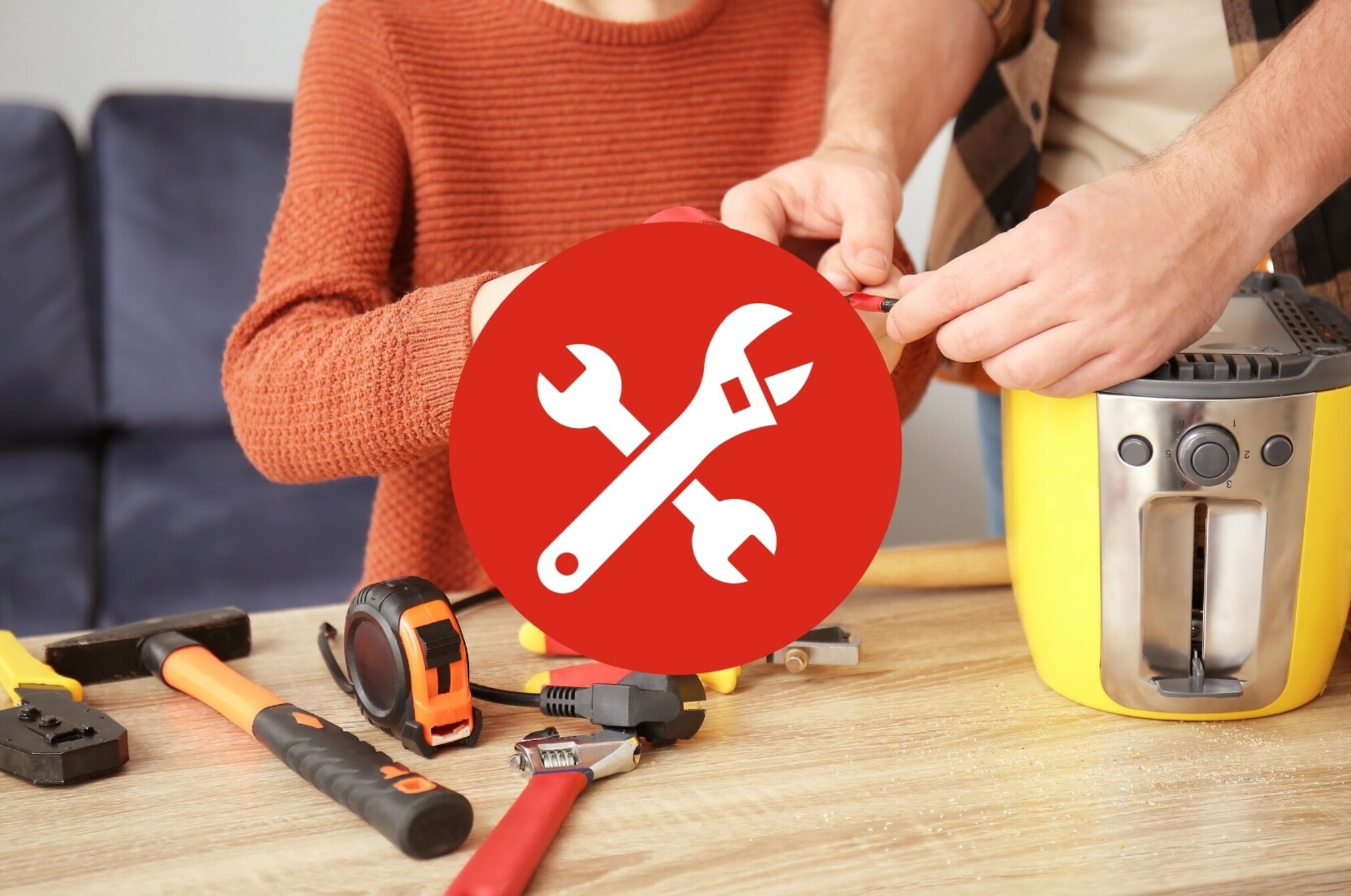The Right to Repair bill now looks unlikely – but we won’t give up
The bill that would make it easier for New Zealanders to access spare parts and the information to repair a product themselves is looking unlikely to make it into law. The Economic Development, Science and Innovation Committee has recommended the bill not be passed, to Consumer NZ’s huge disappointment.

The Consumer Guarantees (Right to Repair) Amendment Bill was introduced by Green Party co-leader Marama Davidson and, after passing its first reading earlier this year, was referred to select committee. Of the 1,250 submissions on the bill, 95% supported it.
Consumer’s chief executive Jon Duffy said the bill would have been a step towards fixing the country’s huge waste problem.
“Millions of appliances and electronic products are being dumped needlessly because they can't be repaired, making our country a potential magnet for poorly designed and cheaply made products. It’s costing us all, and it’s costing the planet.”
Paul Smith, formerly head of testing at Consumer before starting his own product repair and durability consultancy business Fixed First, says the bill isn’t officially dead as it will still be voted on at its second reading.
“However, it would take quite a change for one of the coalition parties to suddenly come out and support it. I think realistically there’s little to no hope, unless New Zealand First decides to back it,” Paul says.
New Zealand First did support the bill at its first reading but, at the time, said that doesn’t mean it would support it beyond that stage.
Marama Davidson says she won’t be giving up. “I’ll be releasing a range of amendments that we know address the concerns of the Government members. If the Government is serious about protecting the rights of consumers, this bill can still be passed.
“There were hundreds of submissions, many suggesting practical changes to narrow the bill and improve the right to repair. The committee worked with those suggestions and spent a lot of time drawing on expert advice to draft changes to the bill to resolve the concerns of members of the coalition. Despite this, [the coalition] ultimately chose not to support [the committee’s work].
“I encourage everyone to get in touch with their local National or New Zealand First MP to ask them to support my amendments to narrow the Right to Repair bill and support it.”
Paul said whatever the fate of the bill, the right to repair movement would keep moving forward.
“We're just getting started. Experience overseas in the United Kingdom, European Union, United States and Australia, where repair legislation has been passed, shows it doesn’t happen overnight,” Paul says.
“This repair bill got our politicians talking about repair and showed them there is overwhelming support for change amongst the public and many businesses. Our collective task now is to keep on the pressure, so our politicians know this issue won't go away. I’m confident that, soon enough, repairing the products we own will become easier and cheaper.”
At Consumer, we’re still pushing for repairability labels to be added to products. We will be making an oral submission on repairability labelling to a select committee next month.
“If we can shop based on how long products will last and how repairable they are, manufacturers and retailers will be forced to lift their game,” Jon says.
We have started giving some products repairability scores when we test them. You can now see the repairability of mobile phones and vacuum cleaners. Washing machines will be the next product category to take on repairability scores.

Sick of wasting money on products you can’t repair?
Show manufacturers you want products you can repair and help us demand a mandatory repairability label.

Member comments
Get access to comment